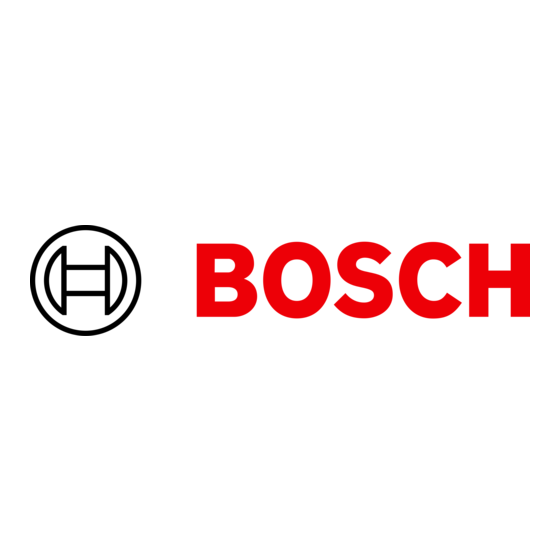Bosch Series 4 Buku Petunjuk - Halaman 4
Jelajahi secara online atau unduh pdf Buku Petunjuk untuk Pengering Bosch Series 4. Bosch Series 4 16 halaman. Free standing cooker
Juga untuk Bosch Series 4: Buku Petunjuk (24 halaman), Buku Petunjuk (44 halaman), Petunjuk Instalasi dan Penggunaan Manual (16 halaman), Petunjuk Instalasi dan Penggunaan Manual (16 halaman), Buku Petunjuk (24 halaman), Buku Petunjuk (10 halaman), Buku Petunjuk (12 halaman), Buku Petunjuk (20 halaman), Buku Petunjuk (32 halaman), Panduan Petunjuk Instalasi (12 halaman), Manual (2 halaman), Panduan Referensi Cepat (2 halaman), Panduan Pengguna (16 halaman), Buku Petunjuk (50 halaman), Informasi Untuk Penggunaan (24 halaman), Buku Petunjuk (48 halaman), Informasi Untuk Penggunaan (32 halaman), Informasi Untuk Penggunaan (32 halaman), Panduan Pengguna (32 halaman), Informasi Untuk Penggunaan (32 halaman), Buku Petunjuk (24 halaman), Petunjuk Penggunaan Manual (27 halaman), Panduan Pengguna dan Petunjuk Instalasi (40 halaman), Informasi Untuk Penggunaan (32 halaman), Buku Petunjuk (36 halaman), Panduan Pengguna (24 halaman), Petunjuk Penggunaan Manual (47 halaman), Panduan Pengguna dan Petunjuk Instalasi (28 halaman)

